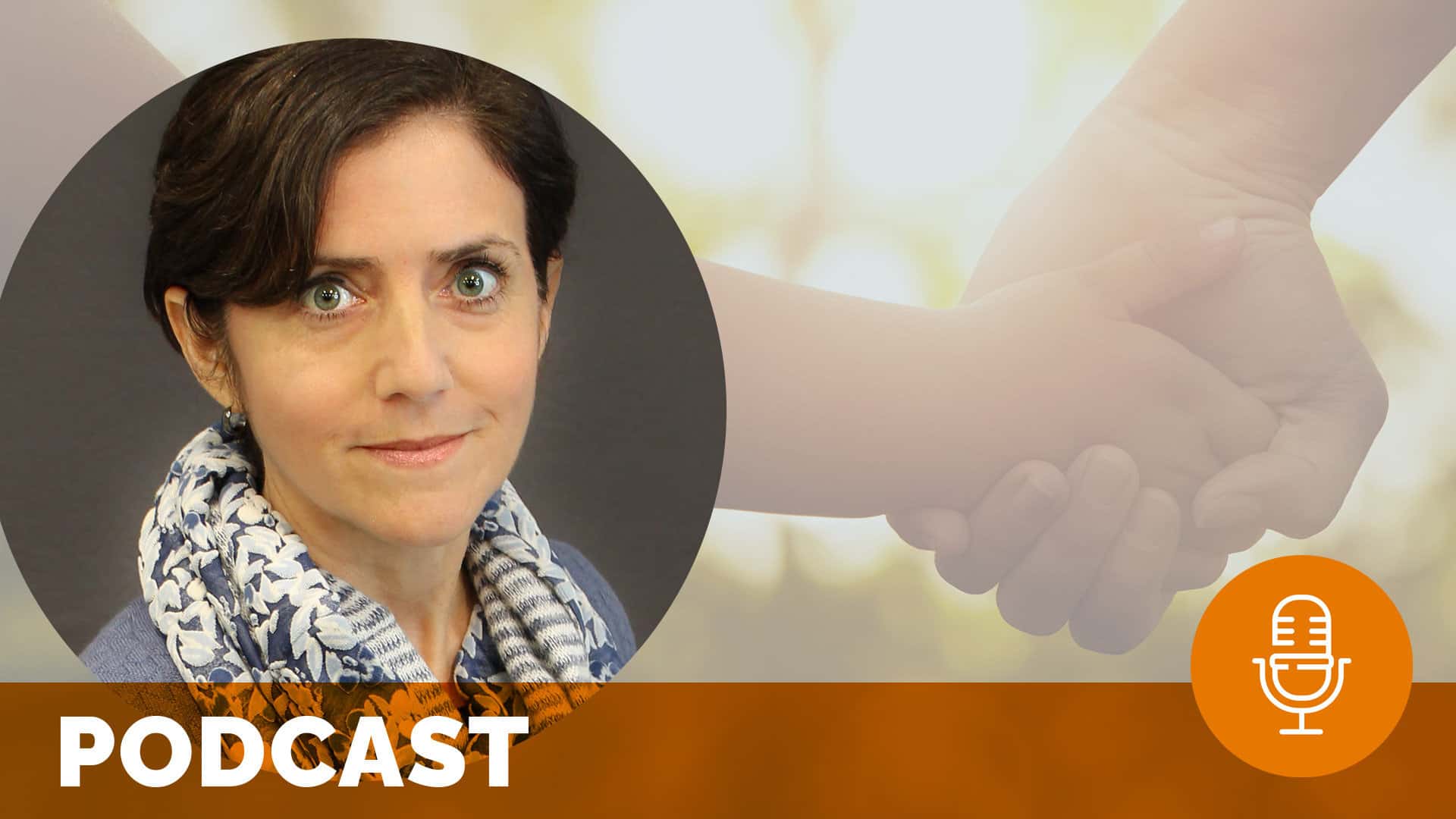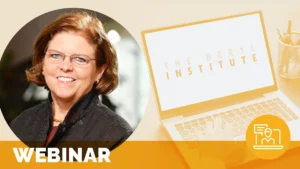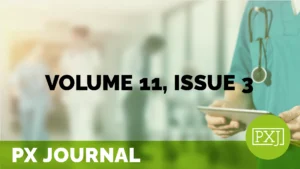Easy to Give, Hard to Receive

Risa Hanau, LCSW, is an expert in caring for those at end-of-life. She also is a natural “giver” who is quick to support a loved one in need. Facing her own rare disease diagnosis and the physical challenges that come with Ehlers-Danlos, however, required she take a new journey of asking for help. Join us for this compelling and raw story of Risa’s journey to accepting support while coping with a rare disease.
Related content
-
 Culture & Leadership | Patient Family & Community Engagement
Culture & Leadership | Patient Family & Community EngagementNew Ways to Care
This webinar explores innovative models for best technical care, co-produced with patients and families, and also look at the impact that compassion and kindness can have on clinical outcomes, cost and patient experience. Maureen Bisognano, President Emerita and Senior Fellow, Institute for Healthcare Improvement Presentation slides *Headliner webinars are complimentary. Brought to you by:
Learn more -
 Patient Family & Community Engagement
Patient Family & Community EngagementPatients’ Perceptions: A Group Differences Study Twelve Months Before and Twelve Months During a Worldwide Pandemic
The COVID-19 pandemic subjected healthcare systems’ to decreasing operational margins, enhanced regulatory scrutiny, and challenges related to patients’ expectations. Until now, there was a lack of empirical evidence studying patients’ perceptions prior to versus deep immersion into the pandemic. This quantitative non-experimental ex post facto causal-comparative study examined if and to what extent there were
Learn more -
 Patient Family & Community Engagement
Patient Family & Community EngagementPX Chat on PFA/PFACS: New/Getting Started (April 19, 2024)
12pm ET / 11am CT / 10am MT / 9am PT – Join The Beryl Institute community for an opportunity to connect with your peers on the support and resources needed to address efforts around new and getting started with PFAs and PFACs in their organizations. Breakout discussion groups allow you to share your challenges,
Learn more
